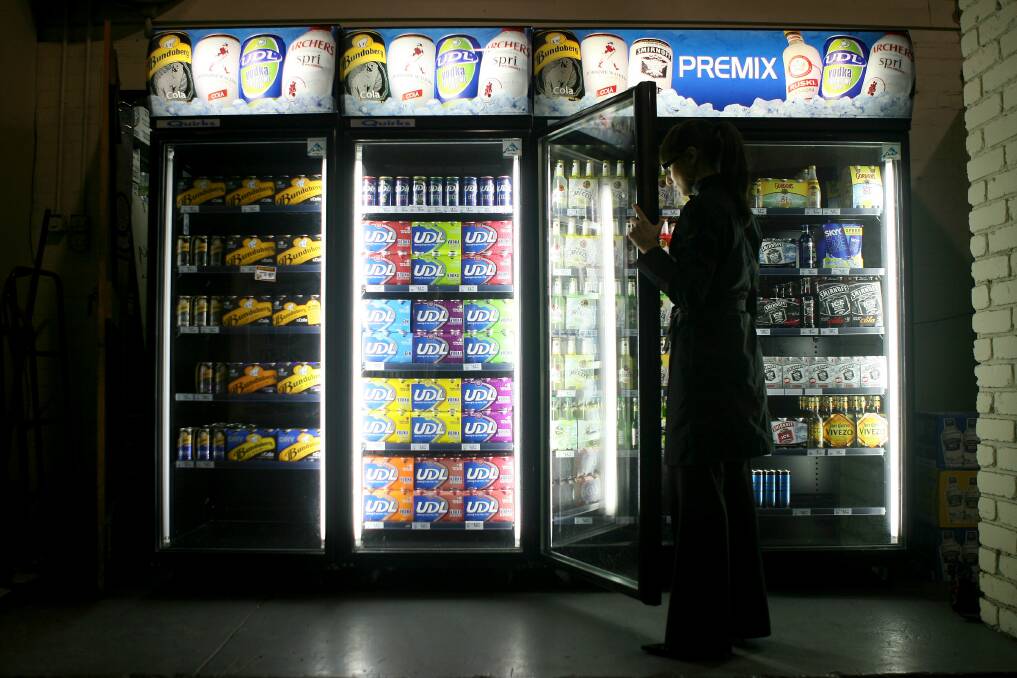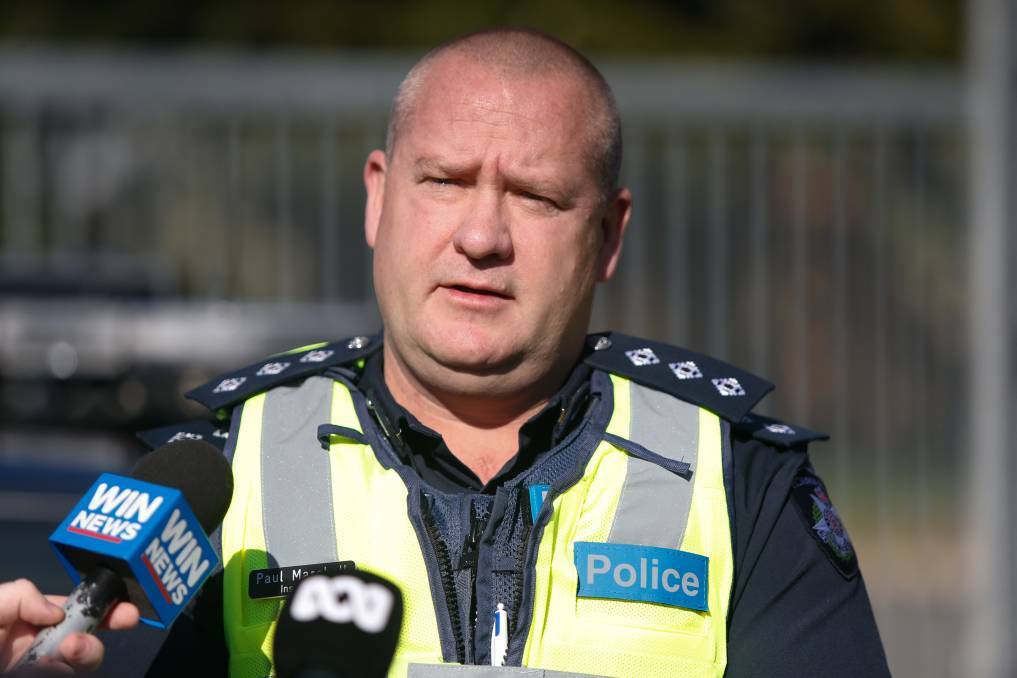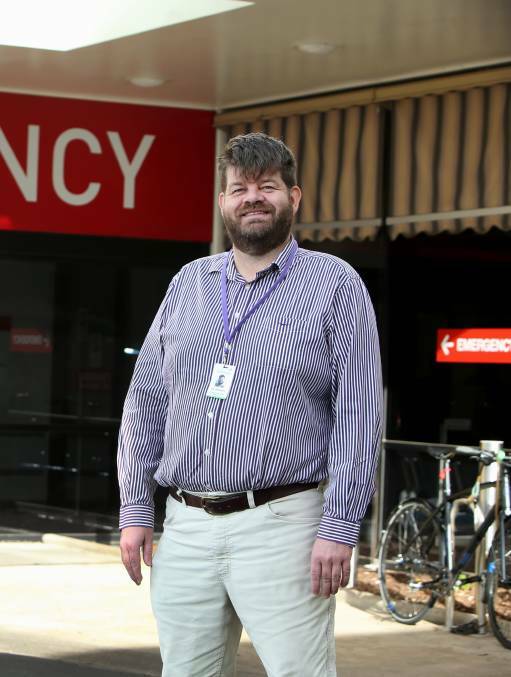
Warrnambool sporting clubs are selling young-looking people booze without asking for identification, a program has revealed.
Subscribe now for unlimited access.
$0/
(min cost $0)
or signup to continue reading
An alcohol supply monitoring program, conducted by South West Primary Care Partnership (PCP), monitors alcohol sales in bottle-shops and sports clubs.
The study developed by Deakin University involved a legal-aged person of underage appearance attempting to buy alcohol, with an independent monitor present.
A preliminary audit conducted in May revealed 69 per cent of Warrnambool bottle shops and 0 per cent of sporting venues asked the person for ID before selling them alcohol.
Following the investigation, venues were made aware of their level of compliance and were informed of an intended repeat audit.
A second audit conducted four weeks later showed 56 per cent compliance of bottle shops and 0 per cent of sporting venues - a total reduction of 13 per cent.
Warrnambool police liquor licensing Inspector Paul Marshall said the findings were alarming because it showed licensed premises could be serving underage people alcohol without knowing.
"It is surprising that licensees aren't a lot tighter on this," he said.
"From my perspective as a licensing inspector, its a nonnegotiable. Serving underage people alcohol is one of those big ticket items that I don't tolerate and if I get wind of it, if I see it, hear, or run our own operations around it, there will be some enforcement action around that."

Inspector Marshall said anyone who looks under the age of 25 should be asked for identification.
He said anyone supplying alcohol to underage or intoxicated people could have their liquor licence revoked and be slapped with fines up to $10,000.
The inspector said licensing rules were the same for everyone, even those selling a can of beer at a footy club.
"They need their Responsible Serving of Alcohol certificate and they're an agent of the licensee," he said.
"So whether the licensee is there or not, if they're doing the wrong thing by serving underage or intoxicated people, or allowing someone to remain on premises while intoxicated, then all these liquor control acts sanctions come into play.
"And the gravity is a sporting club, just like a bottle shop or a night club, could lose their licence. It could get fined for serving underage people and their reputation and reoccurring license renewals could be damaged."
Centre for Rural Emergency Medicine director Tim Baker said it was concerning that underage people could be being served alcohol in the community.
He said research showed that young people were more likely to develop social, cognitive and emotional issues if they used alcohol before turning 18.

"Australia's national alcohol guidelines clearly state that the safest option for young people is not to use alcohol before they turn 18," Mr Baker said.
"The earlier a young person starts drinking, the more likely they are to have impaired brain development and alcohol problems later in life.
"In communities where it is difficult for those under 18 to obtain alcohol, there is less teenage alcohol use and fewer alcohol-related injuries, assaults and deaths. These communities also have higher rates of school completion."
Mr Baker said when young people were asked where they obtained their alcohol, more than 80 per cent reported getting it from three sources: home, friends and acquaintances, or by purchasing it themselves from bottle shops.
The investigation comes after VicHealth's Last Drinks project showed one-in-10 sporting club incidents in Warrnambool involved alcohol.
Football clubs topped the list, comprising 45 per cent of all alcohol-related injuries at a sports club, followed by netball, cricket and lawn bowls, according to data collected at Warrnambool Base Hospital.
Mr Baker said males aged between 18 and 25 had the greatest alcohol-related presentation at Warrnambool's emergency department, followed by the 46 to 55-year-old age group.
Football clubs topped the list, comprising 45 per cent of all alcohol-related injuries at a sports club, followed by netball, cricket and lawn bowls, according to data collected at Warrnambool Base Hospital.
South West PCP executive officer Mark Brennan said the PCP had partnered with VicHealth's Last Drinks, Victoria Police, the Department of Justice and other health and community service providers to get people to recognise and consider their alcohol consumption.
"Our consumption is actually too high and as a result of that, there is the immediate risk of injuries that we're seeing in emergency departments," he said.
"If you're consuming more than 11 standards a week then you probably need to take a look at your intake."
READ more:
Have you signed up to The Standard's daily newsletter and breaking news emails? You can register below and make sure you are up to date with everything that's happening in the south-west.

